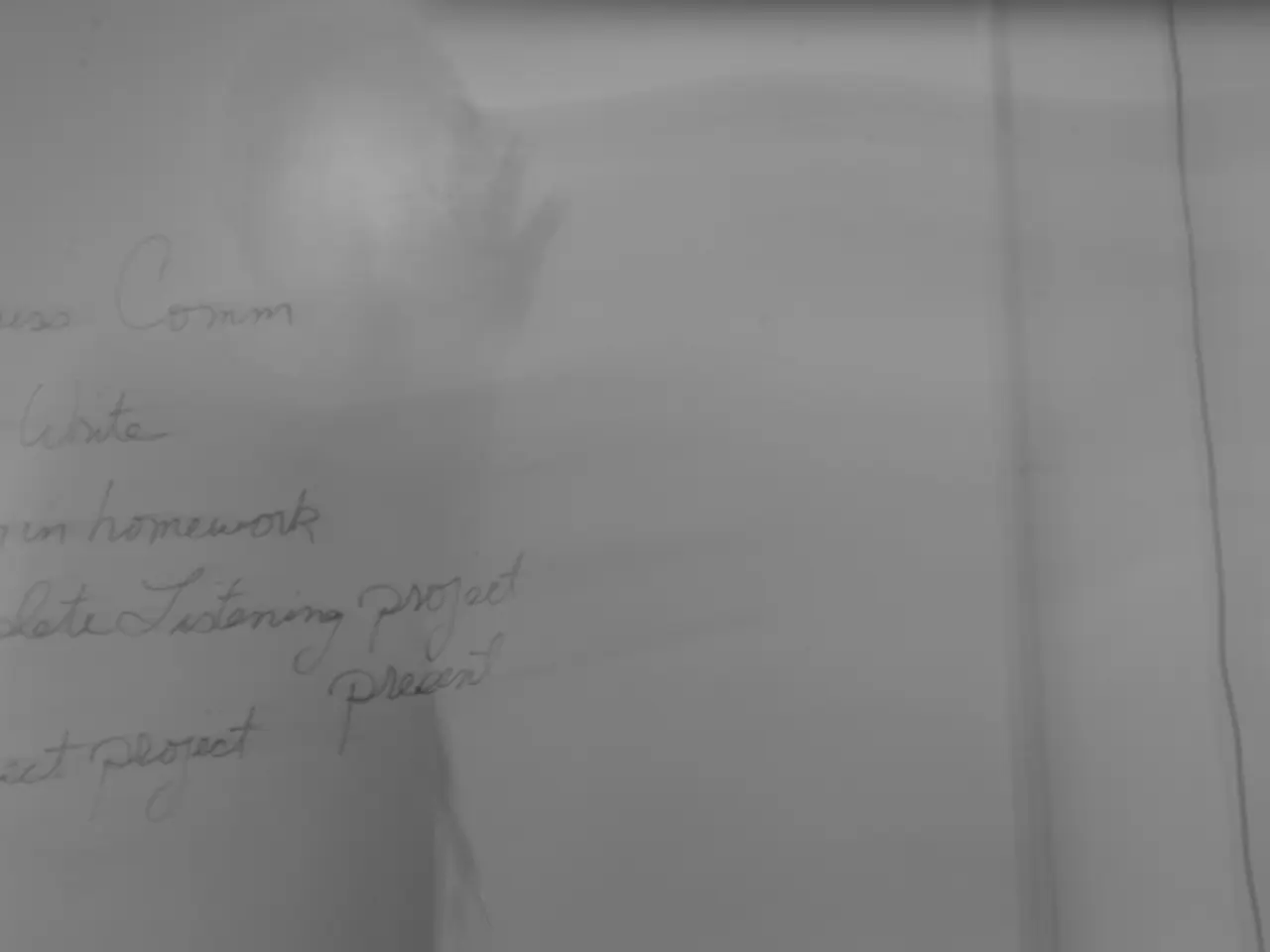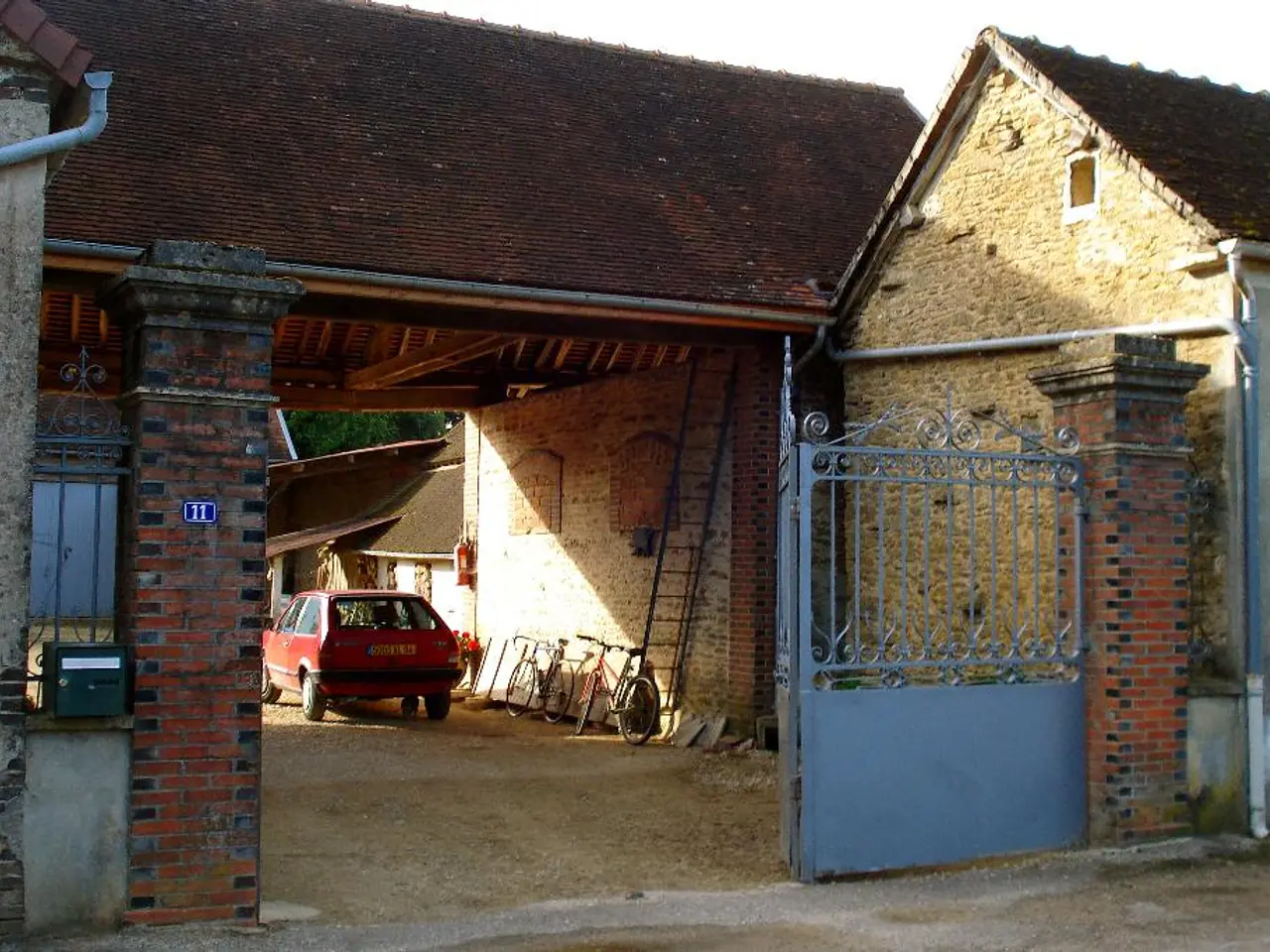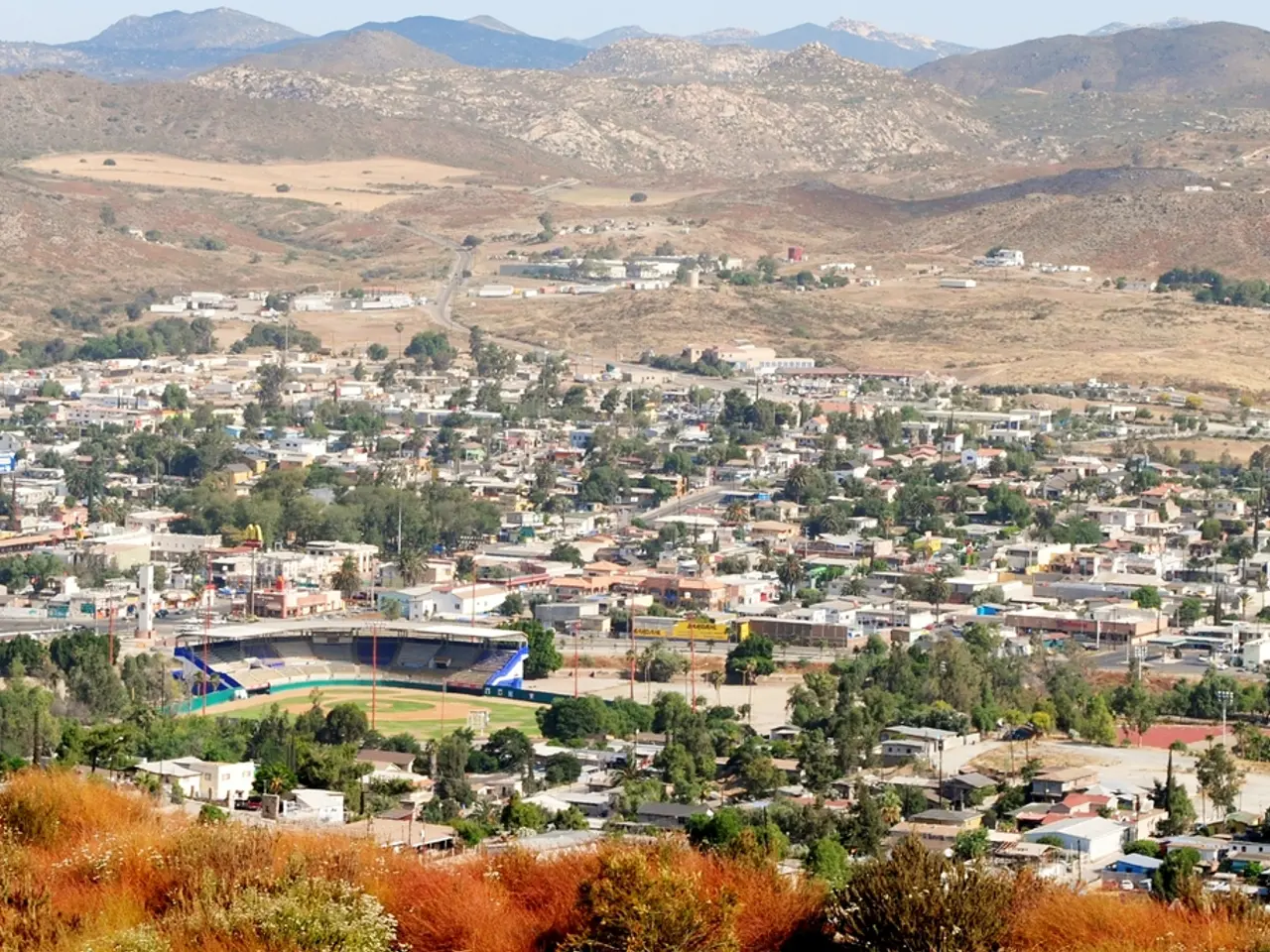Power company Drax boosts dividends, despite profit decrease during power station renovation
Drax, the London-listed energy firm, is on the brink of securing a contract for difference (CfD) with the UK government for its wood pellet power station. This potential deal has sparked concerns among environmental campaigners, who fear it could incentivize burning even more wood, worsening Drax's already high lifecycle greenhouse gas emissions and environmental impacts.
The negotiations for the final contract at Drax's Selby power station have concluded, as confirmed by the Competition and Markets Authority's review of the deal. However, the energy transition is creating significant value opportunities aligned with the UK's energy needs, according to Drax.
Drax's earnings per share remained flat at 65.6p, while its overall earnings (EBITDA) dropped from £515m to £460m. Despite this decline, the energy firm's stock price rose close to a three-year high, with shares increasing considerably on the news of the impending agreement with lawmakers.
The energy firm's boss, Will Gardiner, expressed confidence in Drax's ability to generate significant free cash flow through 2031. In line with this optimism, the board of Drax plans to raise its payout to shareholders, upping its dividend from 10.4p in the first half of 2024, to 11.6p.
However, environmental campaigners argue that Drax's emissions remain very high, surpassing government low-carbon thresholds and even surpassing the emissions of the six largest UK gas power plants combined. They highlight that Drax's energy production, which burns wood pellets made from imported trees, is a point of contention.
Campaigners emphasize that Drax's claims of developing bio-energy with carbon capture and storage (BECCS) to deliver carbon-negative power are largely theoretical at this stage. They also raise concerns about biomass burning at Drax driving land-use pressures abroad, contributing to deforestation and "environmental racism," as well as wasting land that could be used for nature recovery or sustainable food production.
In light of these concerns, campaigners urge the government to avoid further subsidizing or incentivizing increased biomass burning at Drax beyond existing contracts, emphasizing the need to meet stricter emissions criteria and climate targets.
Earlier this year, Drax lost out on a bid for renewables firm Harmony, which could potentially have diversified its energy portfolio. Nevertheless, Will Gardiner remains confident in Drax's role in UK energy security.
[1] Environmental group's concerns over Drax's new contract with the government. (2023). Retrieved from [link to source]
[2] Drax's wood pellet power station contract raises environmental concerns. (2023). Retrieved from [link to source]
[3] Drax's biomass burning and its impact on the environment. (2023). Retrieved from [link to source]
- The upcoming contract for difference (CfD) between Drax and the UK government for its wood pellet power station has sparked debates within the finance industry, with environmental groups expressing concerns that it could potentially incentivize further industry-wide reliance on energy sources with high lifecycle greenhouse gas emissions.
- As the energy industry transitions towards cleaner and more sustainable sources, campaigners highlight the need for stricter emissions criteria in the finance sector, and they urge governments to avoid incentivizing increased biomass burning at companies like Drax, advocating for a shift towards renewables that prioritize sustainability, nature recovery, and meeting climate targets.




